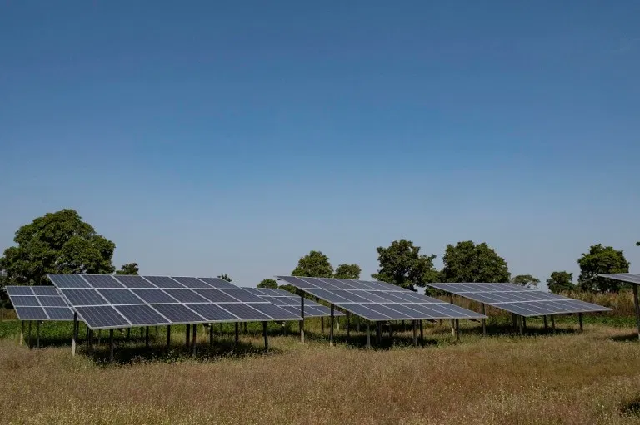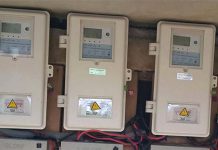Solar integration has been presented as a solution to Nigeria’s energy problems by Chint Global and other non-renewable energy businesses.
Nigeria had been an important goal for the distribution of solar electricity, according to Michael Chen, the Chint Global Country Manager for Nigeria, who was speaking with The PUNCH about the power generation deficit in Nigeria at the Power & Water Nigeria Exhibition and Conference 2022 in Lagos.
Solar integration has been presented as a solution to Nigeria’s energy problems by Chint Global and other non-renewable energy businesses.
Nigeria had been an important goal for the distribution of solar electricity, according to Michael Chen, the Chint Global Country Manager for Nigeria, who was speaking with The PUNCH about the power generation deficit in Nigeria at the Power & Water Nigeria Exhibition and Conference 2022 in Lagos.
Chen pointed out that Chint Global, involved in the four industry chains of power generation, storage, transmission, distribution, and use, had helped bring solar power to significant areas of the nation.
“As a priority in Nigeria, our 132 kV transformer is working in TC and grid power systems. From Lagos to Ibadan, all the people are using the Chint distribution,” Chen said.
Adetunji Iromini, Director of Solar Centric Technologies and Vice President of the Renewable Energy Association of Nigeria, stressed the need to integrate solar power in Nigeria at a panel discussion session,
On the escalating costs of products like diesel, he said the government now knew that it needed to onboard distributed renewable energy into solving Nigeria’s energy problem.
“So RIAN as a body is at the forefront of engaging with the government on strategies to solve the power problems in the country,” Iromini further said.
In a bid to stay reliable amid Nigeria’s failing power grid system, more businesses were turning to the solar industry, Chief Commercial Officer, Arnergy, Omobola Omofaiye, stated.
According to her, many organisations and businesses wanted to stay reliable while offering their product solutions to the market, adding that solar power provided such reliability.
“You can enjoy 24/7 electricity without interruption and exposure to power. The second is cost savings. People also want to reduce operational spending. Today, diesel is over N800 and costs are escalating already,” she said.













